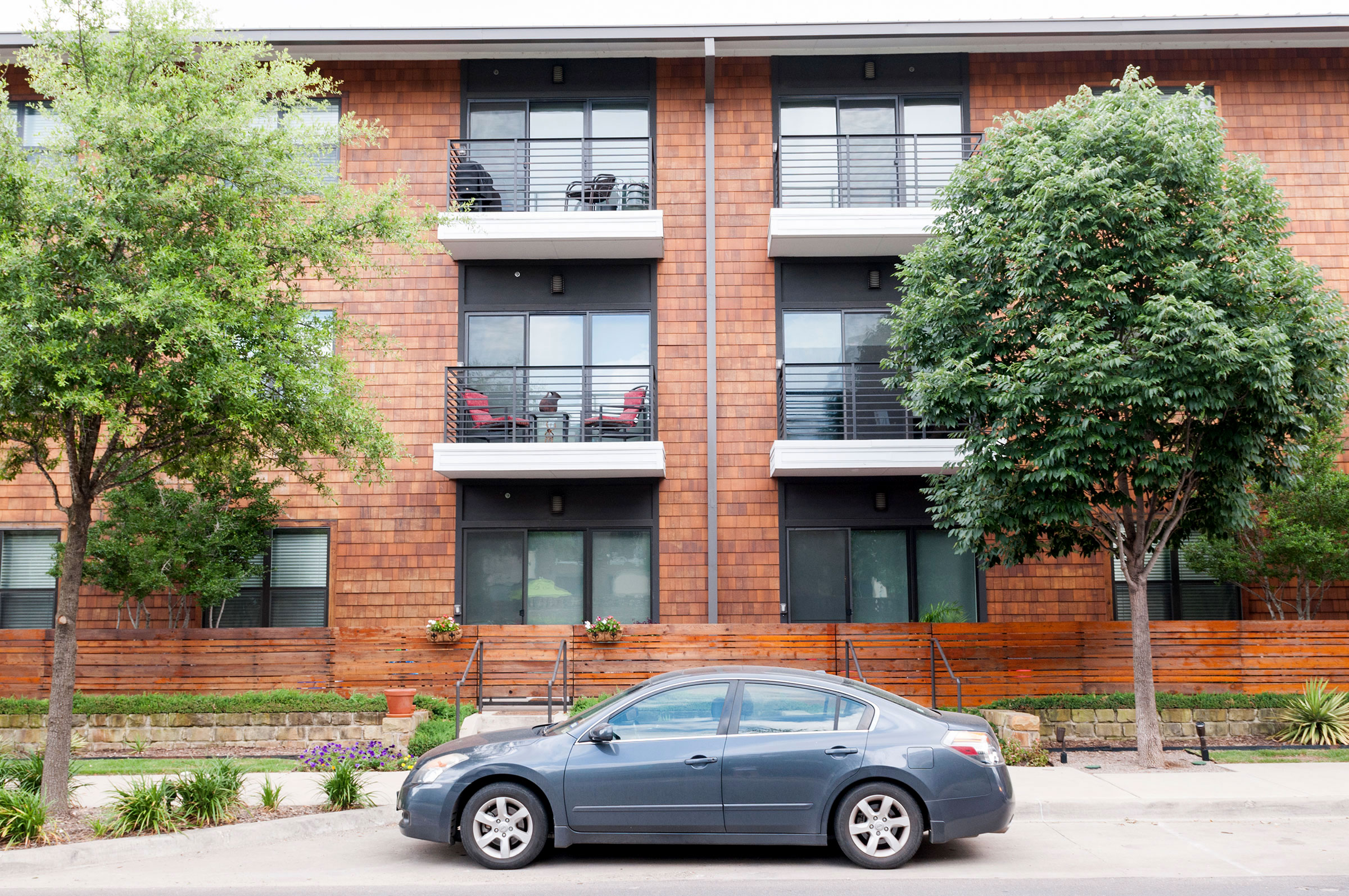Two-and-a-half years after the pandemic started, the money available for emergency rental assistance in Dallas is gone, at least for now.
A look at the DHA (formerly called the Dallas Housing Authority) website established to help prospective applicants now says that “all available rent relief funds have been committed at this time.” It invites users to check for updates on funding availability.
Assistant City Manager Liz Cedill-Pereira on October 7 sent a memo to the City Council’s Workforce, Education, and Equity Committee that announced, as of October 4, all “available DHA rent relief funds have been committed.” A similar statement appears on the United Way of Metropolitan Dallas’s website for its Dallas Rental Assistance Collaborative.
The program allowed renters who were short on money to apply for up to 18 months of relief, provided that they earn below 50 percent of the area median income (no more than $43,850 for a family of three) or if one or more family members have been unemployed for three months or longer. An online application portal was set up by the city in early 2021, and more than 17,000 applications have been submitted.
Over 10,000 of those applications were submitted in 2022. The portal was closed in May because “the number of submissions exceeded what was expected to be served with available funding,” Cedillo-Pereira said.
The city received $40 million in one round, and $52 million in the second. It partnered with DHA and the United Way to administer the second batch of funds. DHA re-launched its portal in August and allowed the 2,100 or so applications from the city’s portal to move to the front of its line.
“From August to October 2022 DHA has approved and is disbursing rental assistance to over 1,000 Dallas households,” the memo read.
According to Cedillo-Pereira, the $92 million served more than 9,400 clients as of June 30; 2,537 received assistance in the first round and 6,885 in the second round. The program paid about $5,500 on average per household with the first round, and so far is paying an average of $5,600 per household in the second round.
The city says it is regularly requesting federal money every time the opportunity opens up, and has received about $900,000 in reallocation requests. It also has pending requests for more emergency rental assistance funding, Cedillo-Pereira said.
People who work in the housing advocacy arena argue that being priced out of housing—and being one small emergency away from eviction—isn’t unique to the pandemic.
At the onset of the pandemic shutdowns, many weren’t prepared for the financial hit. Those who wring every penny out of their paychecks were suddenly unable to pay rent because their places of employment were shuttered or had to cut staff.
Then federal rent relief money came. The Centers for Disease Control and Prevention enacted an eviction moratorium. People got breathing room. But Mark and Lauren Melton, who founded the Dallas Eviction Advocacy Center during the pandemic, say they’ve seen firsthand that the need for rental assistance was always there. There have always been people who were one small catastrophe from being unable to make rent that month: a sick child that requires a day home from work and money for prescriptions, or a power outage that ruins newly-purchased groceries, for instance.
“Or somebody has a flat tire, and then the car is sitting there in the apartment complex parking lot, right in front of their apartment with a flat tire that they’re just waiting for the next paycheck so they can fix it,” Mark says. “Meanwhile, the apartment comes by and tows the car because it has a flat tire.”
Suddenly, it’s a flat tire and hundreds in impound fees at a tow yard.
Mark attributes the influx in applications to several things: There was a three month period between when everything shut down and the time the portal opened, allowing renters to apply for assistance. That made it seem like a lot of people suddenly needed it.
“This is conjecture because there’s no data, but the inflation in rent, and everything else, is causing a huge problem,” he said. “Even people that haven’t had increases on rent because their leases aren’t up yet are saying, ‘I can’t pay my rent anymore because my grocery bill went up, my gas bill went up.’”
And none of those costs of living are frivolous, he said. “They’re just necessities and they can’t pay the rent, and then you add that your lease is up and I have to renew at hundreds of dollars more a month.”
Since March 15, 2020, there have been 63,887 eviction filings in Texas. The local moratorium on evictions spanned March 19, 2020 to May 19, 2020, and was then followed by a CDC order that lasted from September 4, 2020 through August 26, 2021, according to the Eviction Lab and the Child Poverty Action Lab.
In January 2020, monthly evictions were around the 4,000 mark. By May that year, total evictions were negligible, but began to trickle back up before plummeting again in March 2021 and slowly climbing again. By August 2022, they returned to near the 4,000 mark.
When the moratorium lifted, the two said, it also caused an influx in applications. “A lot of my really nice landlords who gave rental breaks and held off on evictions are now saying, ‘It’s been two-and-a-half years and we’ve got to do something to get caught up now,’” Lauren said.
The Meltons say that the pandemic made it easier for many who often find themselves running out of paycheck before running out of bills, because, for once, there was a real safety net.
“I would actually argue that the pandemic made it better because of the rent assistance,” Mark said, pointing to the fact that evictions are just now back at levels before the pandemic. “It didn’t get worse, it got better. And most people could wrap their head around a scenario: this person is being evicted because the government told them they can’t work right now, not because they’re lazy assholes.
“Everyone always had this perception—at least in the middle and upper class community—that if people get evicted it’s because they deserve it. This was the first opportunity where people could at least relate and be like, ‘OK, that’s not their fault, this seems unfair.’”
The pandemic revealed that the working poor are often finding themselves at an inflection point where they have to choose between food and bills or rent. But it also revealed both short term and long term solutions. In a review of the city’s racial equity plan at Tuesday morning’s Workforce, Education, and Equity Committee, city staff walked committee members through several initiatives and how they aligned with the plan’s goals, including a measure that would help with rent subsidies and relocation.
“As rent rates rise … a lot of times we see people get priced out of certain places,” said Jessica Galleshaw, director of the city’s Office of Community Care. Her office could, if the money is allocated, help people cover the expenses associated with moving to a less expensive home, and then offer smaller monthly assistance payments if necessary.
That assistance in covering the costs of moving could be huge. The Meltons said they frequently help clients move, and it’s expensive to move belongings and pay down deposits.
“It usually costs me about $3,000 to relocate somebody when we do it,” Lauren said.
But the federally-provided safety net is now gone, and the city is now determining what to do with everything it learned through the program.
Author






